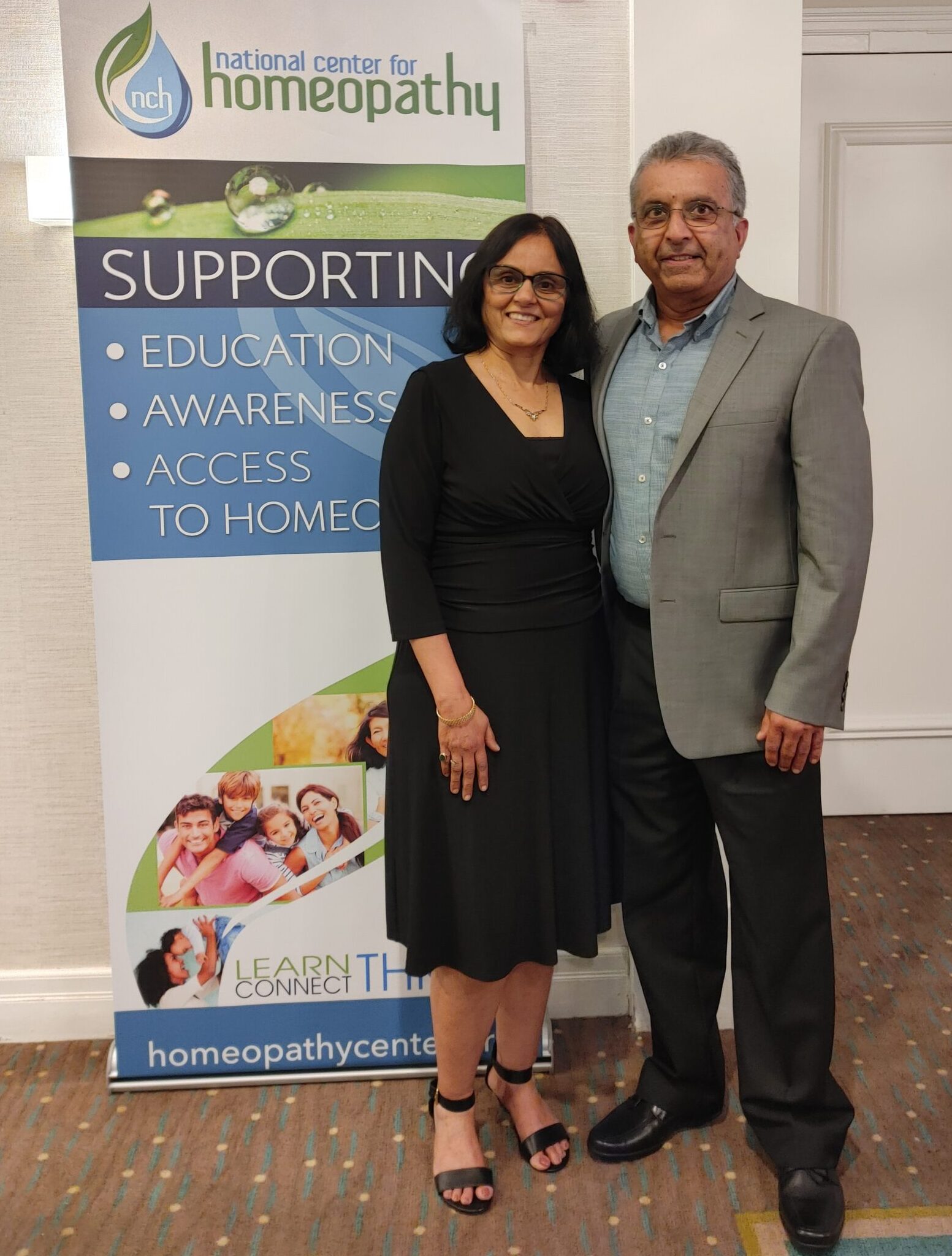Understanding Homeopathy
Is Homeopathy Scientific?
There’s a common debate around whether homeopathy holds up to modern scientific standards. In this page, we’ll explore the research, evidence, and core principles that back homeopathy as a credible and effective system of healing.
A Closer Look at the Evidence
What Science Says About Homeopathy
The scientific evaluation of homeopathy has evolved significantly over the past decades. Modern research methodologies, including randomized controlled trials (RCTs), systematic reviews, and real-world evidence studies, provide multiple perspectives on homeopathic effectiveness.
Studies published in journals such as the British Medical Journal, Pediatrics, and the European Journal of Clinical Pharmacology have documented positive outcomes for conditions ranging from respiratory infections to chronic pain management.
Clinical Trials
Over 300 randomized controlled trials published in peer-reviewed journals
Research Studies
Systematic reviews and meta-analyses demonstrating therapeutic effects
Patient Outcomes
Observational studies showing significant improvement in chronic conditions
Growing Recognition
Increasing integration into conventional healthcare systems worldwide

Global Recognition and Ongoing Studies
80+
Countries with regulation
500M+
People using homeopathy
200+
Medical schools teaching
40+
Years of WHO recognition
What the Studies Say
Homeopathic medicines have been studied in rigorous trials with internationally accepted methods. Randomized, double-blind, placebo-controlled studies have proven its effectiveness for allergies, migraines, skin issues, and more.
— Vijay Vaishnav
Allergies
Proven Effective
Double-blind studies show 73% improvement in seasonal allergies
Migraines
Skin Issues
Research Backed
Frequently Asked Questions
Still Wondering If It's Real Science?
How is homeopathy considered scientific ?
What makes homeopathy research credible ?
Are there any side effects to homeopathy treatments ?
How long does it take to see results?
Let's Talk Science. And Healing.

